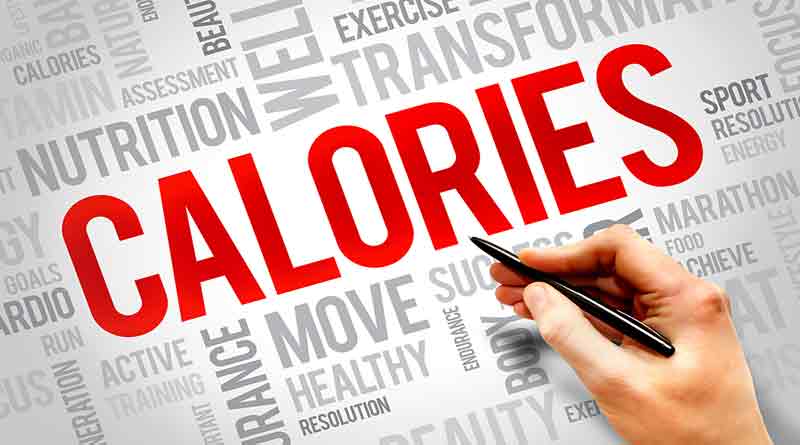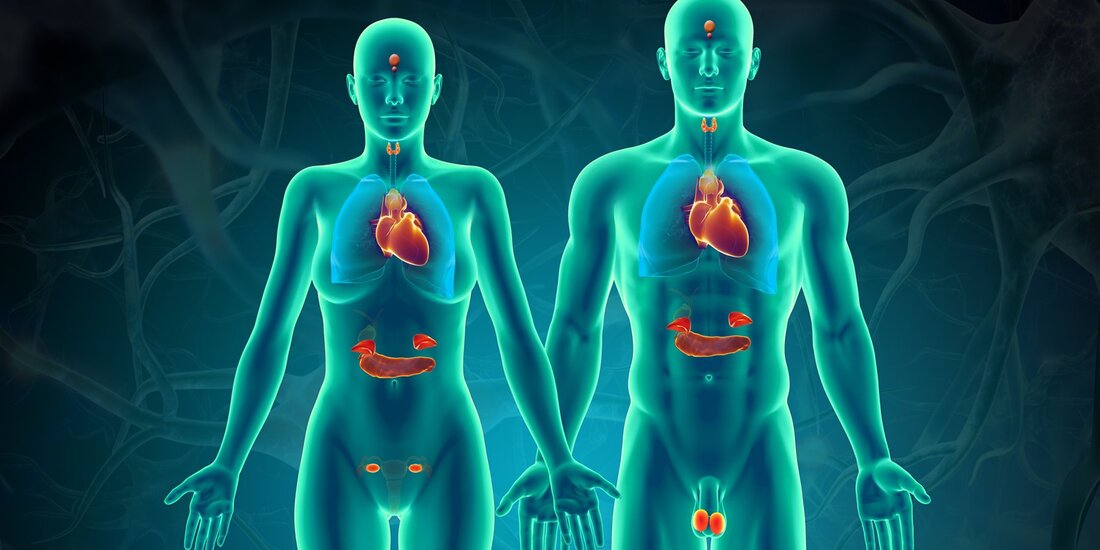|
Ok, I know I’ve been gone for some time. It’s taken me some time to find my voice again, so here we go. For the past few years, I’ve been questioning and relearning my entire university education as it’s been clear to me that a University Degree based on Racist propaganda filled with industry influence is not sufficient to help my athletes or my clients. One of the first things that I questioned is the importance of the Calorie. Before we get into it. Calories are units of energy. In the nutrition world, the Calorie (Cal, kcal) is defined as the amount of heat needed to raise the temperature of 1kg of water at sea level. The calorie was first introduced by Nicolas Clement as a unit of heat in lectures between 1841-1867. In 1879, Marcellin Berthelot distinguished between the confusing “small” calorie and what we now know as the modern “big” Calorie/ kcal. None of that is really all that important other than to show that the very idea of the Calorie hasn’t been revisited since the 1800s, and that’s a problem. Currently, the way we understand Calories is by the scientific understanding where chemical reactions dictate the amount of calories/ energy per gram of a specific macronutrient (Fat contains 9kcal per gram, carbohydrate and protein contain 4 kcal per gram and alcohol contains 7 kcal per gram). This means that our understanding of the Calorie from a nutritional standpoint is PURELY theoretical and PURELY from a chemistry understanding of what happens when we burn or combust these foods/ macronutrients in a lab setting. What about the human body? As far as I know, no one in Health care bothered to challenge this since the 1800s. No one really bothered to look at HOW the body ACTUALLY uses its calories. That seems REALLY stupid to me. There are clearly differences in not only the way the body processes Calories from different sources (eg thermic effect of food related to protein intake vs carbohydrate intake) but also the body uses Calories differently depending on it’s Hormonal Status. There are a few different types of hormonal status in the body but let’s talk about the two primary status types – Anabolic and Catabolic AKA Muscle Building and Starvation Mode. I’m not going to deep dive into them (yet) but I just wanted to cover them really quickly. The Anabolic Hormonal Status or Muscle Building is dependent on many variables. Some of those variables include the types and frequency of physical activity, any hormonal changes brought on by diseases or general inflammation, your age, sleep habits, circadian rhythms, stress management, Gut bacteria management, nutrition intake, nutrition distribution as well as timing (Just to name the heavy hitters). It’s the hormonal state that effectively helps you build lean muscle mass and is properly fed to burn calories from organ function and physical activity. It’s the optimal hormonal state for EVERYBODY. The Catabolic Hormonal Status or Starvation Mode is simply dependent on the dysregulation of any of the above, forcing your body to change its overall goal from rebuilding and remolding organs and muscle mass (Anabolic) towards Starvation Mode (Catabolic), where the body’s primary goal is long term survival. But what does long term survival mean to the body? Whether we like it or not, long term survival to the body means suppression of Basal Metabolic Rates and Increase Energy Storage, AKA suppression of lean muscle mass building/ remolding and Adipose Tissue gain AKA Lean Muscle Mass tear down and the building of fat mass. The reality is that the bodies are constantly trying to survive as if we are still hunters and gatherers, as if there wasn’t an abundance of food and nutrition in our environment. It does this whenever energy/ caloric intake is reduced long term – The reduced energy/ caloric intake will always lead to hormonal changes that stimulate appetite, reduced basal metabolic rate and an increase in caloric intake. The hypothalamus (area of the brain that is important for hormone production to maintain homeostasis, or hormonal balance, for the rest of the body) rebalances energy intake and expenditure depending on the factors discussed above (eg sleep, physical activity type/ frequency, meal timings etc). The result is hormone dysregulation where you’re always hungry and never feeling full from your meals. Which always results in a food binge, re-creating the yo-yo diet effect causing more metabolic damage, which further prevents any successful body composition changes (more on that metabolic damage in future posts) The result is less lean muscle mass, more fat mass gains and more metabolic damage – leading to more fat mass gain long term and INCREASED resistance to lose that fat mass later on in life. So then why do Healthcare “experts” still give out the garbage advice to “Eat less and move more”? This is not only bad health advice; this is damaging health advice. The reality is that the body’s hormonal state determines what it wants to DO WITH those calories. It doesn’t matter what your goals are or what you do from a nutrition or physical activity standpoint if your body thinks its starving or continually stressed out. The body decides what to do with the nutrition. And the body will always choose survival if something is wrong, therefore it will always choose fat gain. It’s time we started to rethink calories, because it’s more important to start feeding the body in a way to optimize it get it to build muscle and burn fat for us, rather than restricting calories and preventing the body from working optimally.  Ben Sit, RD, Sports Dietitian President of ESN Complete Lifestyle Management
5 Comments
17/1/2022 07:46:15 am
What an exquisite article! Your post is very helpful right now. Thank you for sharing this informative one.
Reply
24/1/2022 08:38:52 am
Very much appreciated. Thank you for this excellent article. Keep posting!
Reply
6/5/2022 12:01:56 pm
บริการทุกระดับประทับใจ เลือกเล่น betflixsupervip มีหลากหลายเกมสล็อต ไม่ว่าจะเป็น สล็อต joker, pgslotgame , super-slot ที่หาเล่นได้ทั้งหมดจาก betflixsupervip ของเรา ทางเราเปิดบริการตลอด 24 ชั่วโมง ฝากถอนได้ดั่งใจ <a href="https://betflixsupervip.com">สล็อต แตกง่าย</a>
Reply
Leave a Reply. |
Categories
All
Archives
November 2021
|
- Home/ News
- About
- Services/ Store
- Media
-
Learning Center
- ESN Athletic and Healthy Lifestyle Learning Center >
-
Professional Learning Center
>
-
The ESN Sports Nutrition Certificate
>
- ESN Learning Center - Sports Nutrition Certificate Level 1 >
- ESN Learning Center Sports Nutrition Certificate Level 2 >
-
ESN Learning Center - Sports Nutrition Certificate Level 3
>
- Module 1 - Periodization for the Athlete
- Module 2 - Nutrition Strategies to Optimize Recovery
- Module 3 - Sports Nutrition for Children and Young Athletes
- Module 4 - Sports Nutrition for the Aging Athlete
- Module 5 - Nutritional Strategies for Injury Prevention and Concussions
- Module 6 - Nutritional Strategies for the Travelling Athlete
- Module 7 - Tournament Nutrition Strategies
-
The ESN Sports Nutrition Certificate
>
- Contact
Proudly powered by Weebly




 RSS Feed
RSS Feed